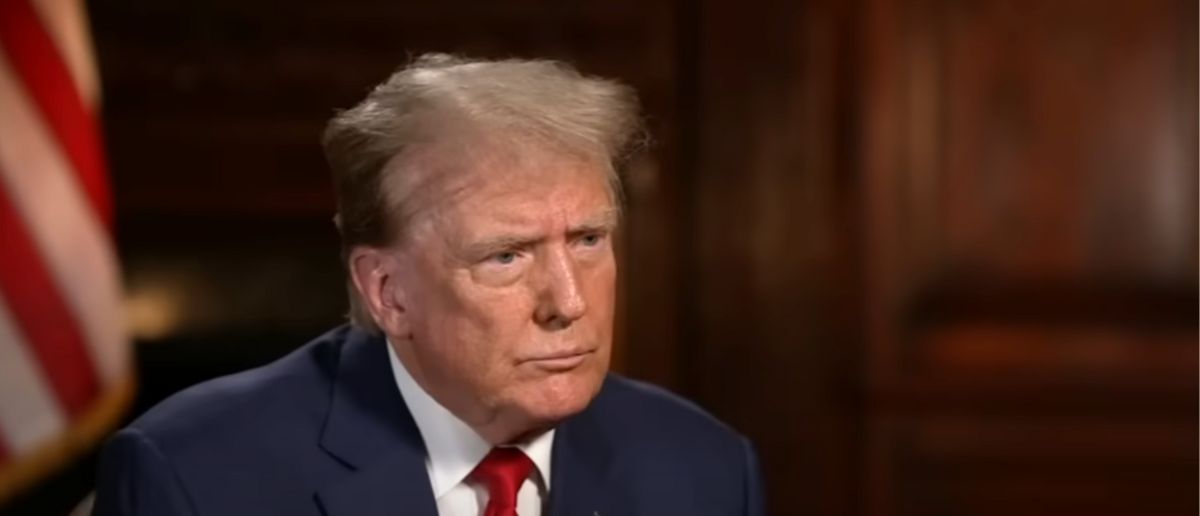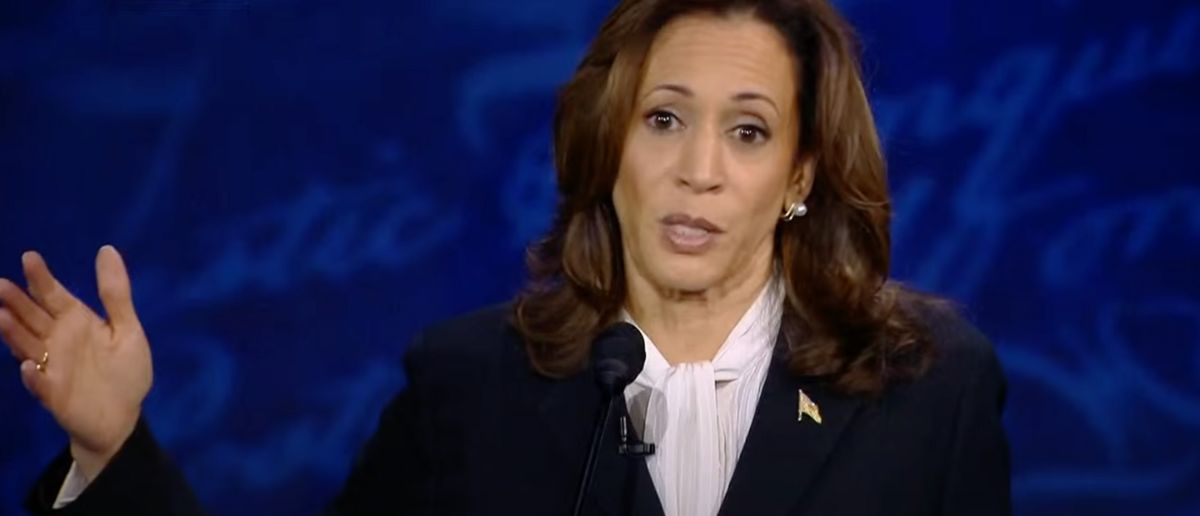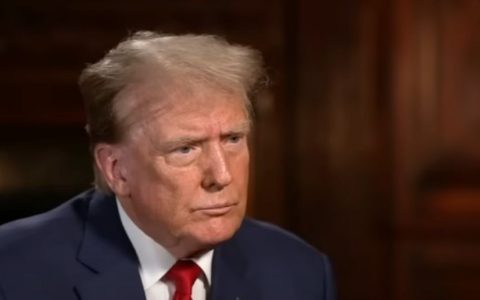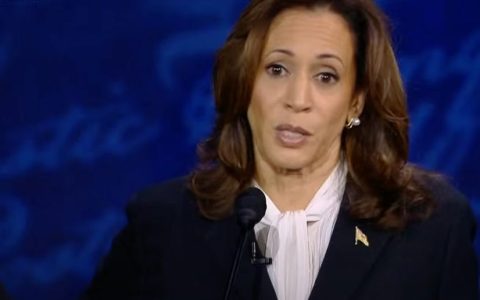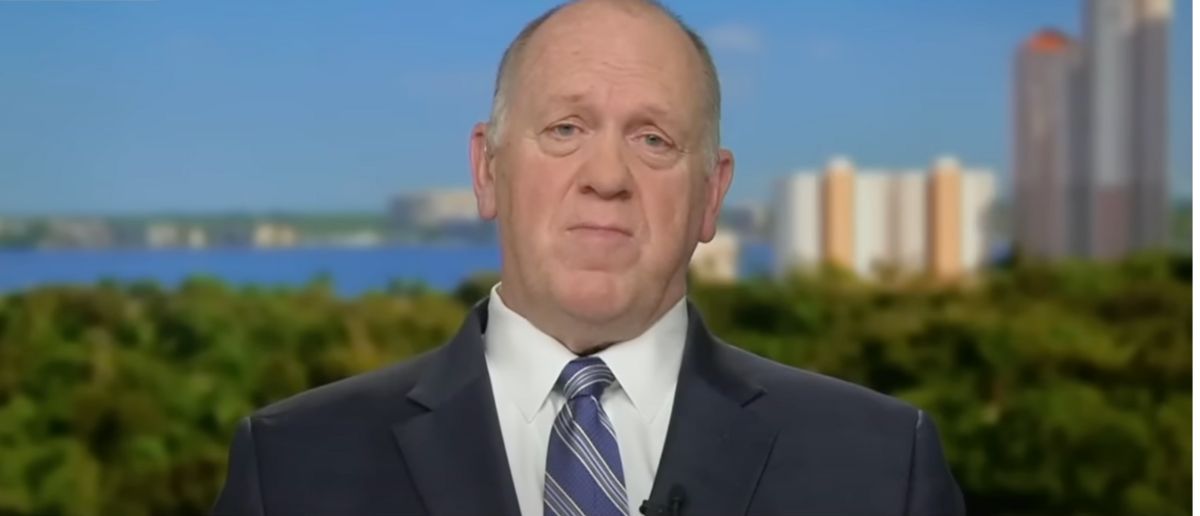
Ending illegal immigration is the goal for Trump. The new team is already hard at work to do so.
And the incoming border czar has concocted a genius plan that took Trump completely by surprise.
Incoming Border Czar Tom Homan’s Shocking New Border Enforcement Strategy
Victor Davis Hanson, a senior fellow at the Hoover Institution, addressed the growing challenges facing Tom Homan, the incoming border czar under the Trump administration, in a recent episode of The Victor Davis Hanson Show. According to Hanson, Homan’s initial focus on Chicago — especially its Democratic mayor, Brandon Johnson — serves as a crucial move to establish a precedent for cities that may resist federal efforts to deport illegal immigrants.
Hanson compared Homan’s approach to the historical example of British Admiral John Byng, who was executed by his own troops in the 18th century after a failed military campaign. Hanson referenced this event to highlight the importance of setting an example, saying that sometimes, harsh measures must be taken to “encourage the others.” The story of Byng, who was executed for his failure to defend Minorca against the French, reflects the British navy’s strategy of making an example of someone to reinforce discipline and discourage further failure.
“Voltaire, in his witty fashion, said that the British would hang an admiral occasionally to remind others of the consequences of poor leadership,” Hanson explained. “The British did not perform well on Admiral Byng’s squadron, and as a result, he was executed to send a clear message.” In a similar vein, Hanson believes Homan’s attention to Chicago and Mayor Brandon Johnson is part of an overall strategy to remind other cities about the importance of upholding federal law — especially when it comes to the deportation of illegal immigrants.
A Test Case for Defying Federal Authority
Hanson argues that Homan’s actions in Chicago are designed to send a direct message to Democratic mayors across the U.S. who have expressed intentions to resist federal immigration enforcement. With some cities threatening to refuse cooperation with Immigration and Customs Enforcement (ICE) in the face of mass deportations, Homan is focusing on Chicago as a test case. Mayor Johnson, according to Hanson, has become the “Admiral Byng” of this situation, being positioned as the example for other mayors considering defiance.
Hanson elaborated, stating that Homan’s strategy is to confront what he views as the most obstinate and vocal opponents of federal immigration enforcement, such as Chicago’s Mayor Johnson. He said, “So what Homan is doing is thinking, ‘Oh my gosh, who is the Admiral Byng of all of these 600 jurisdictions that I have to encourage? I know the most obnoxious, the most crazy, the most nullification advocate in one of the second or third largest cities is Chicago, that crazy Mayor Johnson.’”
Hanson believes that Homan is intentionally challenging Johnson, sending a message that local resistance to federal law cannot stand without consequences. By doing so, he aims to make an example of Chicago’s mayor and discourage similar defiance in other cities. The message, according to Hanson, is clear: “You think you’re firing on Fort Sumner, but you’re going to regret it because you’re breaking federal law, and we have a lot more federal laws that you would want us to follow than you do laws to break.”
In addition to taking aim at Johnson, Homan’s strategy involves reaching out to Chicago’s constituents — particularly the city’s African American communities. Hanson suggested that Homan is using the situation to reassure residents that their interests will be prioritized, despite the actions of their mayor. “What Homan is basically doing is talking over the mayor’s head to the black constituencies of Chicago,” Hanson explained, emphasizing that Homan’s goal is to protect these communities from the negative effects of illegal immigration, including crime and strained social services.
Hanson argued that by focusing on the enforcement of federal immigration law, Homan seeks to reassure Chicago’s residents that their safety and well-being will be prioritized over the mayor’s political stance. Homan’s approach, according to Hanson, is a direct response to growing concerns among Chicago’s residents about the impact of illegal immigration on their daily lives. “I’ll put him in jail for your benefit so that you don’t have to worry about Venezuelans and Colombians shooting you or taking over your social services,” Hanson remarked.
Resistance from Other Cities
While Homan’s focus on Chicago represents his initial move in addressing sanctuary city policies, other cities are already positioning themselves in opposition to his deportation efforts. Tucson, Arizona Mayor Regina Romero and Denver Mayor Mike Johnston have both expressed their intentions to resist cooperation with federal immigration authorities. Johnston has gone so far as to declare that the city’s police and residents will not assist in the deportation process, leading Homan to issue strong warnings to these mayors.
During an interview on Fox News last Wednesday, Homan emphasized the consequences of defying federal law, saying, “Get the hell out of the way,” and warning that mayors who attempt to block his efforts would face legal repercussions for obstructing justice. Homan’s firm stance reflects his commitment to ensuring that federal immigration laws are enforced, regardless of local opposition.
The debate over immigration enforcement in Chicago took a personal turn last week when Vashon Tuncle, a Chicago resident, appeared on The Ingraham Angle on Fox News to plead for Homan’s intervention. Tuncle highlighted the growing concerns among residents about the impact of illegal immigration on the city, citing rising crime and the strain on local resources. His plea goes to show the frustration of many Chicago residents, who feel that their concerns are not being addressed by local politicians.
In response to Tuncle’s call for help, Homan reiterated his commitment to enforcing immigration laws and providing relief to communities impacted by illegal immigration. His message was clear: local opposition will not deter his efforts to carry out the federal government’s immigration policies.
As Homan moves forward with his efforts to deport illegal immigrants, his focus on Chicago is expected to set the tone for how he addresses defiance from other cities. By confronting Mayor Johnson and emphasizing the legal consequences of non-cooperation, Homan aims to send a strong signal to mayors across the country who are considering resisting federal immigration enforcement. Whether this strategy will succeed in persuading other cities to comply with federal law remains to be seen, but one thing is certain: Homan’s approach to dealing with sanctuary cities will likely shape the national debate on immigration for years to come.
Stay tuned to the DC Daily Journal.

